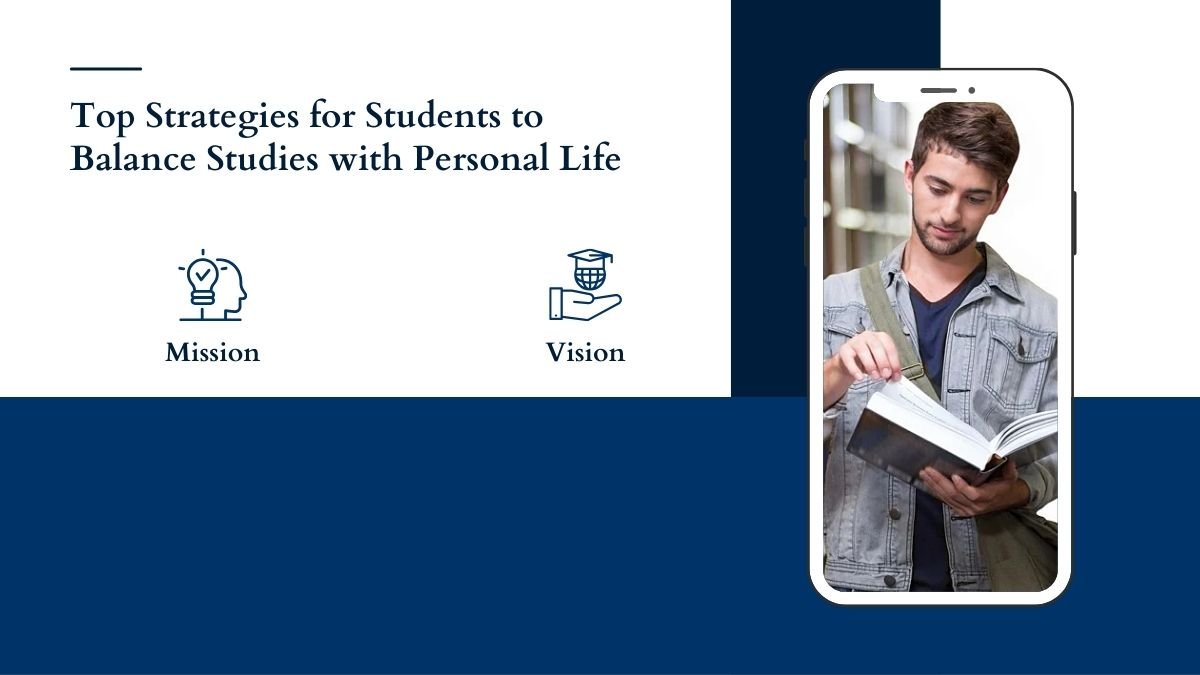How to Study During Exams – Smart and Effective Ways
As exams approach, your friends and classmates often give you the same advice – “Study well and try to memorize everything at night.” But the question is, what exactly is “studying well”? Does it work the same for everyone?
The truth is that how and when you study makes a huge difference. Developing the habit of studying at the right time and in the right way makes studying effective, reduces stress and prevents burnout.
Let us know in detail what smart techniques you can adopt in exam preparation.
1. Chunking
Have you ever tried to memorize a large amount of information at once? It is not easy. Our working memory is very limited. According to scientists, we can remember only 5–9 items at a time, about 7 items on average.
Chunking means breaking down large information into smaller parts.
Example: Instead of memorizing dates from history, group them according to events – like freedom struggle, partition, constitution making etc. This allows your brain to handle them as separate groups and makes recall easier.
Information memorized this way joins together in coherent patterns and helps the brain understand.
2. Fight the habit of forgetting
In 1870, researcher Hermann Ebbinghaus showed that we forget about 50% of the new information we learn in a day and 90% in a week. So regular revision is extremely important.
- Do short revision sessions of 10–15 minutes twice a day.
- Use active memory – make flashcards, ask yourself questions, teach someone else.
- Relate new information to what you already know. For example, apply a principle to everyday life.
3. Do light exercise before studying
Exercise is not only beneficial for physical health but also for the brain. During exercise, more oxygen reaches the body and the hippocampus, which is considered the center of memory, becomes active.
- Do 15–20 minutes of brisk walking or 2 minutes of stretching daily.
- A total of 150 minutes of light exercise like cycling, yoga or brisk walking in a week is sufficient.
This increases the brain capacity and helps in concentrating on studies.
4. Take short breaks in long studies
We often try to study continuously for hours, but this reduces the ability to concentrate. The mind starts wandering due to continuous study.
Most popular method – Pomodoro technique:
- 25 minutes study
- 5 minutes break
- Repeat this cycle four times and then take a 30-minute long break
During the break, stay away from the screen, close your eyes, drink water or stretch.
5. Identify your best time
Everyone’s peak performance time is different. Some people are able to concentrate better on studying early in the morning, while some at night.
- Morning: You get full sleep, the mind remains sharp.
- Night: The information studied gets well embedded in the mind during sleep.
Identify the right time for yourself and study at that time.
6. Adopt Active Retrieval
Active memorization is a more effective way than just reading.
- Read a topic and make questions about it and solve them yourself.
- Make flashcards and look at them again and again.
- Teach a friend – put yourself in the role of a teacher.
This helps in remembering the information for a long time.
7. Spaced Repetition
Study in small parts instead of reading everything at once.
- Study in episodes like a TV show.
- Revision at regular intervals prevents the information from being forgotten quickly and strengthens the memory.
8. Adopt multisensory learning
Combine visual, auditory and written methods of studying.
Examples:
- Write formulas and draw pictures
- Listen to audio recordings
- Make concept videos on a topic
Reading in different ways helps the brain understand and remember information better.
9. Make studying social – study groups
If you like studying in a group, small study groups are very effective.
- Discuss topics, ask questions and solve them together.
- Teach friends – it strengthens your preparation.
10. Create an environment that maintains attention
Choosing the right environment is important.
- Choose a quiet place – a corner of the desk or library.
- Keep the mobile on silent mode and turn off notifications.
- Use light instrumental music or noise-cancelling headphones.
11. Importance of rest and health
Good sleep, balanced diet and regular rest have a positive impact on your ability to study.
- Sleep for 7–9 hours daily
- Eat fruits, vegetables, dry fruits and water
- Reduce screen use before sleeping
12. Make a goal-based plan
Divide the large preparation into smaller parts and make a list for each day.
Example:
- “Today I have to solve 5 Maths questions”
- “Today I have to memorize 2 paragraphs of Economics”
Completing these goals gives self-satisfaction and motivation.
13. Constant review and improvement
Review your study method every week:
- Is this method working for me?
- Which method is best?
- Is there anything new to add?
Change your strategy as needed and improve yourself.
14. Using Tech Tools
Some useful apps and tools:
- Quizlet: For making flashcards
- Forest: For tracking focus time
- Notion, Evernote: For taking notes and planning
These tools make studying smart and effective.
Conclusion
Exam preparation is not just about memorizing. It is about adopting smart and systematic study methods.
By adopting the above techniques – Chunking, Pomodoro, Active Retrieval, Study at the right time – you can:
- Keep your memory fresh
- Concentrate
- Remember information for a longer time
- Avoid burnout
When you study with purpose, efforts are more effective and results are achieved better on time.








